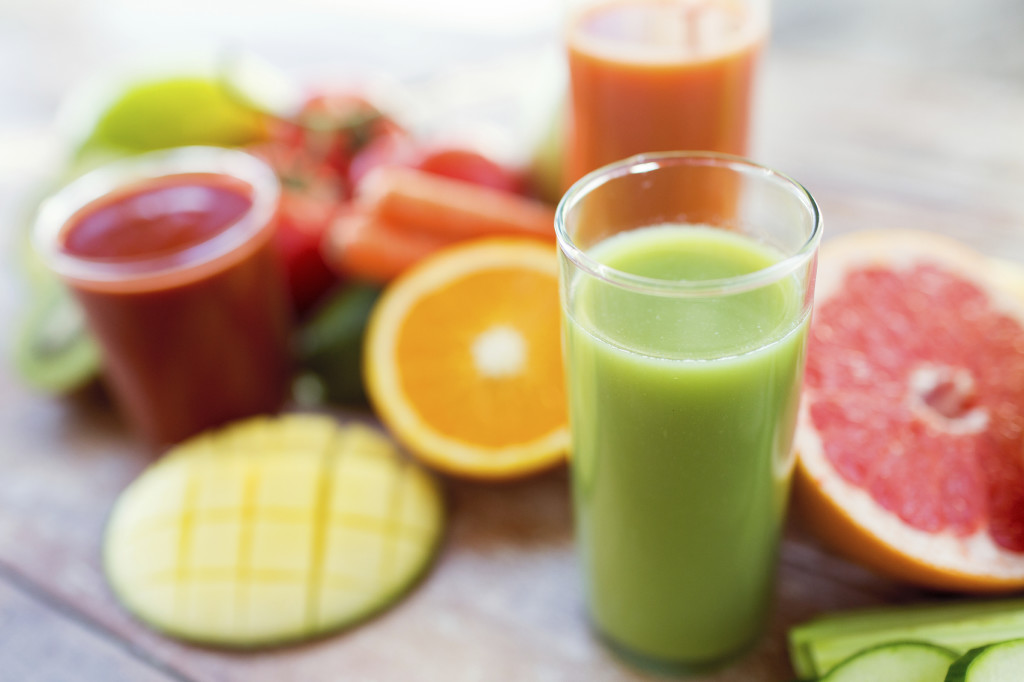
The controversial Transatlantic Trade and Investment Partnership (or TTIP) continues in its long journey towards a massive trade deal between the EU and the USA. Amongst its wide ranging provisions will feature pesticides, food safety and animal and plant health. The degree of harmonisation and equivalency of standards between the EU and the USA is yet to be ironed out.
Thanks to the 2012 bi-lateral trade agreement on organic goods between the EU and the USA, the impact of TTIP on the organic food trade may not be as significant as feared in other trading sectors. The 2012 agreement was reviewed by the European Commission in 2015; the commission found that the arrangement is instrumental in increasing market access for producers, expanding consumer choices and facilitating regulatory cooperation. Good news.
However, organic producers should not expect calm waters; there are challenges ahead. The recent EU conference on organic production, research and innovation identified some priorities for the organic food and drinks industry. Not surprisingly, there is a heavy workload for the scientists to deal with such as animal health and welfare, the use of antibiotics in organic production and further understanding of genetics.
As well as scientists, lawyers can have a role in calming the waters for producers. Priorities identified by the conference include:
- Innovation and research into weed, disease and fertility controls. Considerable time and money will have been invested into the development of pioneering products. In some cases, it would be appropriate to protect that investment with appropriate legal tools designed to safeguard that valuable intellectual property.
- Marketing: recognition of quality. The brand of your business (however it is broadcast) will be key to a decision for customers to engage with you, particularly in the context of a global marketplace. Proper investment into the “look and feel” and your ability to retain control of your brand will be managed through your website policies, contractual arrangements and training of employees. Your certifications (and the quality assurances that they bring) should also be reviewed regularly and kept up-to-date.
- Data management, communications and knowledge transfer. The power of knowledge is well recognised. The exponential effect of sharing different pools of knowledge to create something new can be extremely powerful. Joint ventures, collaborations and similar enterprises should be very well documented to ensure all parties are clear on what is being contributed to a project. Just as important will be those parts of a business that are not being contributed to the project. Great care should be taken in identifying the ownership of the co-created asset in advance of developing it.
- Food traceability and consumer expectations. Traceability is a given for risk purposes alone. However, in a world where there is greater transparency, it will not be unusual for consumers to retrieve information on organic production. Contracts should be reviewed on a regular basis to ensure they are consistent with the organic values of the producer.
As and when the TTIP is finalised, organic producers may be well under way in dealing with some of the priorities identified in the 2015 European conference.
Gavin Poole is a partner in the corporate team at Stephens Scown in Truro and is recommended by the Legal 500 – an independent guide to the top lawyers in the country. If you have any queries then please do contact Gavin on 01872 265100 or by solicitors@stephens-scown.co.uk.
